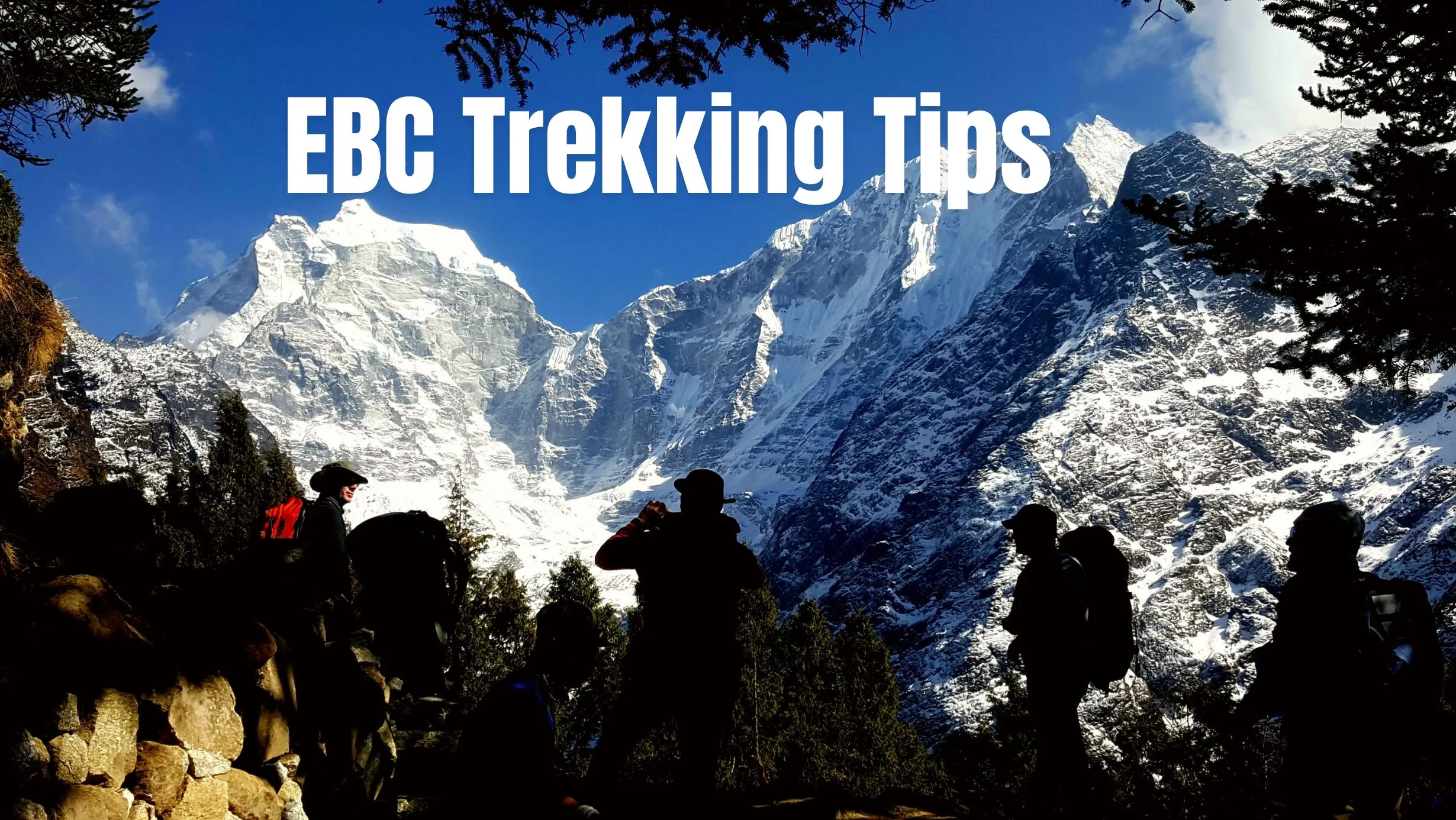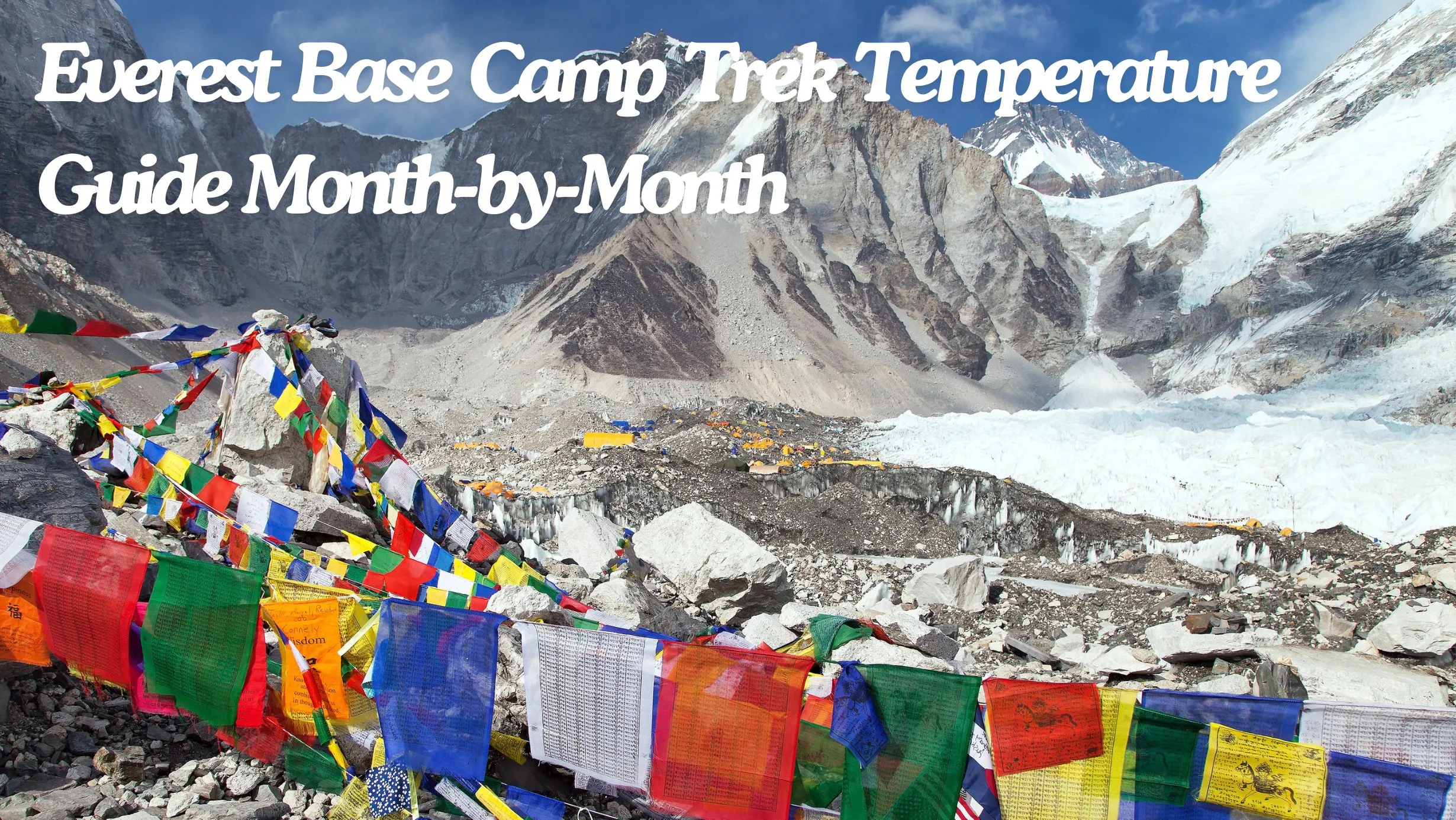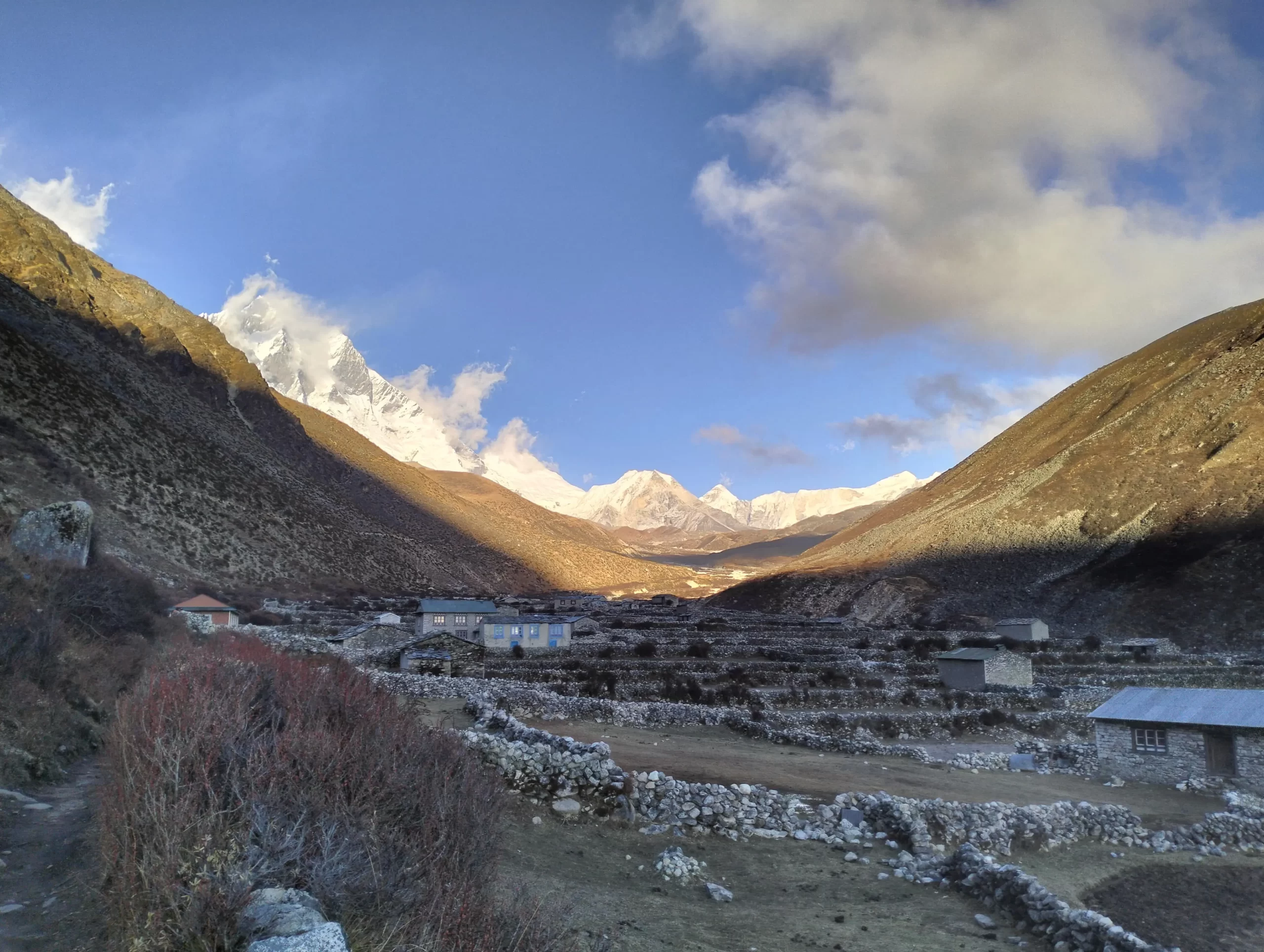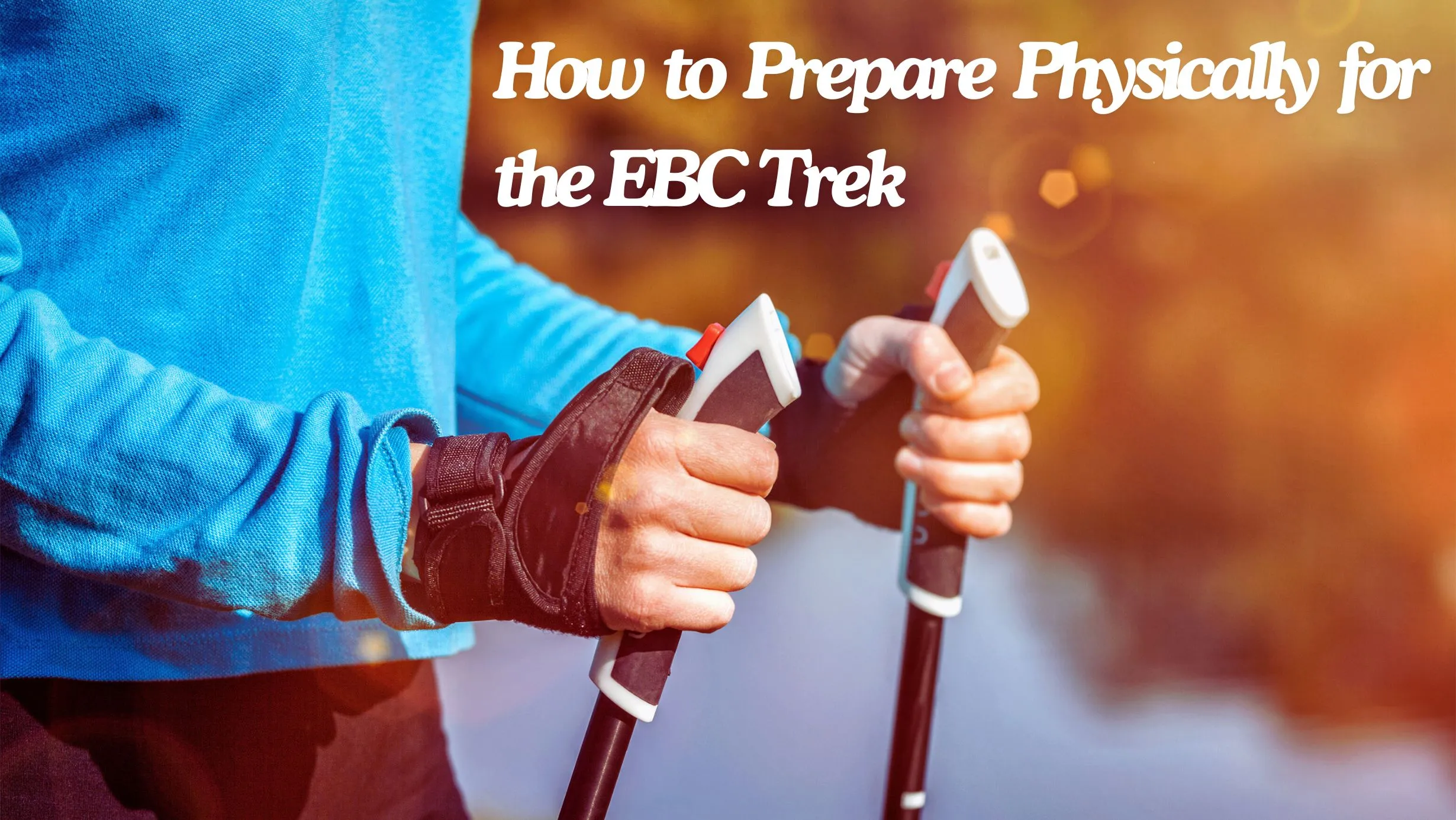EBC Trekking Tips: Essential Advice for Your Everest Base Camp Trek
Introduction
EBC Trekking Tips: Essential Advice for Your Everest Base Camp Trek . The Everest Base Camp (EBC) trek is one of the most iconic and challenging adventures for trekking enthusiasts. With stunning landscapes and a chance to experience the majestic Himalayas up close, it’s a journey that requires thorough preparation and planning. This guide covers essential tips and frequently asked questions to help you prepare for a successful and enjoyable trek to EBC.
Why Trekking Insurance is Essential
Trekking insurance is a must-have for anyone embarking on the EBC trek. Medical facilities along the route are limited, and in the event of a serious injury or illness, evacuation can be incredibly costly. Having comprehensive trekking insurance ensures that you are covered for medical emergencies, evacuation, and other unexpected incidents, providing peace of mind as you focus on your adventure.
Staying Hydrated
Proper hydration is crucial while trekking at high altitudes. It’s recommended to drink at least twice as much water as you normally would to prevent dehydration. Dehydration can exacerbate the symptoms of altitude sickness, making it essential to maintain adequate fluid intake. Always carry a water bottle and refill it at safe water sources along the trail.
Availability of Hot Drinking Water
Hot drinking water is available on the trail but can be quite expensive. Tea houses and lodges charge a premium for boiling water due to the high cost of fuel. To manage your hydration needs cost-effectively, consider carrying a thermo flask filled with hot water. You can mix this with cold water, which is freely available, to make it drinkable.
Using Water Purification Tablets
Even if you have access to bottled or boiled water, using water purification tablets is a prudent measure. Water sources along the trail can be contaminated, and purification tablets ensure that you are drinking safe water. Always follow the instructions on the tablets and allow adequate time for them to work before consuming the water.
Enhancing Your Drinking Water
Mixing electrolytes or glucose with your water can help maintain your energy levels and prevent dehydration. Electrolyte solutions replenish essential minerals lost through sweating and help prevent cramps and fatigue. Carry sachets of electrolytes or glucose powder and mix them into your drinking water as needed.
Physical Preparation for the Trek
Preparing physically for the EBC trek involves a combination of cardio and strength exercises. Cardiovascular exercises such as running, cycling, and swimming improve your stamina, while strength training targets the muscles used during trekking. Regular exercise in the months leading up to your trek will reduce physical strain and allow you to enjoy the journey more.
Altitude Sickness and Fitness
High physical fitness alone does not prevent altitude sickness. The best way to prevent altitude sickness is through proper acclimatization. This means ascending slowly, taking regular rest days, and allowing your body time to adjust to the higher altitude. Be aware of the symptoms of altitude sickness and take appropriate measures if you begin to feel unwell.
Maintaining a Steady Hiking Pace
A slow and steady pace is key to a successful trek. Avoid rushing and taking long breaks, as this can disrupt your rhythm and increase fatigue. Plan your trek with adequate rest days to acclimatize properly. Listen to your body and maintain a consistent pace that allows you to enjoy the scenery and stay energized.
Food Safety on the Trail
It’s advisable to avoid non-vegetarian food in the Khumbu region. Meat is transported from Kathmandu and may not be well-preserved, posing a risk of foodborne illnesses. Stick to vegetarian meals, which are generally safer and more readily available. Dal Bhat, a traditional Nepalese dish, is a nutritious and energy-rich option that is commonly served on the trail.
Carrying Cash
Carry sufficient Nepalese cash (NPR 25,000-30,000) to cover your expenses during the trek. ATM facilities are limited, and tea houses and shops along the route often do not accept credit cards. Having enough cash ensures you can pay for accommodation, meals, and any unexpected expenses.
Charging Facilities and Power Banks
Charging your devices can be expensive on the trail, with tea houses charging per hour for electricity. To save money, bring power banks to keep your devices charged. Make sure your power banks are fully charged before starting the trek and use them judiciously to make them last.
Battery Maintenance in Cold Weather
Cold weather can significantly reduce battery life. Keep your batteries and electronic devices close to your body to keep them warm, especially at night. This helps retain their charge for longer periods. Investing in high-quality, cold-resistant batteries is also a good idea.
Hygiene Practices
Maintaining good hygiene is crucial, especially when facilities are basic. Use hand sanitizers regularly and carry tissue papers. When using common western toilets, ensure you clean your hands thoroughly to prevent illness. Personal hygiene can significantly impact your overall trekking experience.
Choosing the Right Clothing
Proper clothing is essential for comfort and safety. Wear sweat-wicking layers that keep moisture away from your skin and avoid cotton, as it traps sweat and can make you cold. Layering allows you to adjust your clothing according to the temperature, keeping you warm during cold mornings and cool during the heat of the day.
Conclusion
Embarking on the Everest Base Camp trek is a thrilling and rewarding adventure that requires careful preparation and planning. By following these tips, you can ensure a safer and more enjoyable journey. Remember to stay hydrated, acclimatize properly, and maintain good hygiene. With the right preparation, the EBC trek will be an unforgettable experience.





